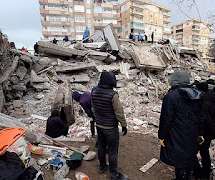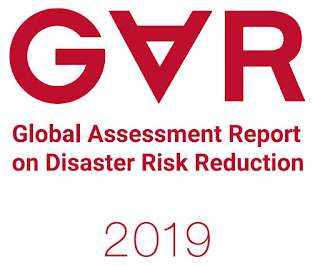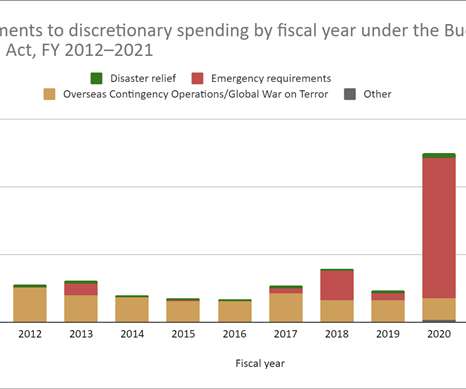Crises On The Rise: 5 Focus Areas For Greater Resilience
everbridge
OCTOBER 7, 2024
The global landscape has experienced an undeniable surge in hazards over the past decade. Natural disasters, pandemics, cybersecurity events, and other crises have wrought devastation on communities worldwide, leading many to question whether the hazard environment is changing for the worse.













Let's personalize your content